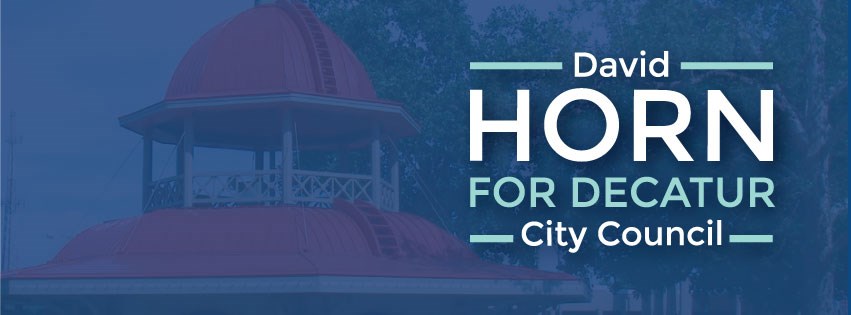
Decatur's CO2 sequestration easement with ADM Co.
As the state general assembly finalizes legislation regarding carbon dioxide capture, transport, and sequestration, it is timely to provide an update on the easement that would allow ADM Co. to store carbon dioxide under city of Decatur property including the city’s drinking water source, Lake Decatur. At its March 20, 2023 meeting, the city council voted to allow the city manager to negotiate the terms of an easement. It is my understanding that the easement agreement has not been finalized and the city and ADM continue to negotiate the terms. For many reasons, the long negotiation period is a positive for the residents of Decatur who continue to have safety concerns about carbon transport and sequestration, reservations about the appropriateness of sequestering CO2 under Lake Decatur when there are other suitable locations, and whether the environmental and financial benefits to sequestration outweigh the risks.
While city council members are not involved in the negotiations of the easement, I have and will continue to advocate that the city should not indemnify ADM, that ADM must provide a warranty of their sequestration operations, and that liability for sequestration rests solely with the company. Thankfully, state legislation addresses many of these concerns. Under no circumstances should residents of Decatur be paying. Furthermore, if our first responders need safety equipment and apparatus to be prepared in the event of a CO2 emergency call, the cost must be paid for by ADM Co. and not by Decatur residents.
Multiple residents have contacted me in recent weeks indicating they received a letter from ADM Co. asking for permission to sequester CO2 under their property. Furthermore, a class action lawsuit was filed last year alleging that some landowners had CO2 stored underneath their properties without their permission. It will be critical in the language of the city of Decatur’s easement that the city does not unwittingly make it more difficult for Decatur residents to say no to carbon storage under their personal property. Specifically, state legislation would require companies to obtain rights of at least 75% of the land area. Given the large amount of property the city of Decatur owns, residential properties could become vulnerable to the use of eminent domain to acquire pore space.
IS INSIGNIFICANT COMPENSATION TO THE CITY OF DECATUR WORTH THE RISK?
It will be critical that the city of Decatur only agrees to an easement in which it is compensated appropriately for the use of purportedly one of the best places on Earth to sequester carbon dioxide. Why was the city offered only $450 per acre for such a valuable resource when other entities were offered greater compensation? To put this small compensation in perspective, Lake Decatur is 2,800 acres in size and if all acres were part of the easement, we would receive a one-time compensation of $1.26 million. This amount represents 1.3% of the annual $90.6 million the city receives in general fund revenue.
For cities such as Decatur considering easements allowing carbon sequestration, compensation should be done in a similar manner to property owners that receive royalty payments for the extraction of minerals. Why is a city only being compensated for granting permission for the storage of CO2? The city should be compensated for every ton of CO2 that is being injected into the ground. After all, the federal government is not simply giving companies incentives to build pipelines and sequestration infrastructure. They are granting incentives to inject the CO2 under the ground year-after-year. Given the hundreds of millions of federal tax dollars available, carbon capture, transport, and sequestration should be highly profitable for the for-profit companies that are involved. Yet it is unclear why it is not highly profitable for the landowners where the CO2 is being stored. A per ton fee for sequestration would create a better financial compensation package to the city which is important given that it is the residents that face the greatest harm from climate change, and it is the residents that face the greatest long-term risk from sequestration.
PROPOSED CO2 PIPELINE IN DECATUR ON PAUSE
I am pleased to report that Wolf Carbon Solutions has at least temporarily withdrawn its application with the Illinois Commerce Commission to build a CO2 pipeline that would have gone through parts of Decatur. In addition, state legislation would include a moratorium on pipelines until the federal government adopts revisions to its pipeline safety rules or July 1, 2026, whichever comes first. As it pertains to a pipeline, it continues to be unclear what the economic value to our city would be of burying tens of millions of tons of CO2 from Iowa under the city's drinking water supply. Furthermore, it is unclear why the state would allow a CO2 pipeline (or sequestration) thru the Mahomet Aquifer which is a source of drinking water for multiple central Illinois cities and serves as one of the sources of the city’s emergency water supply.
